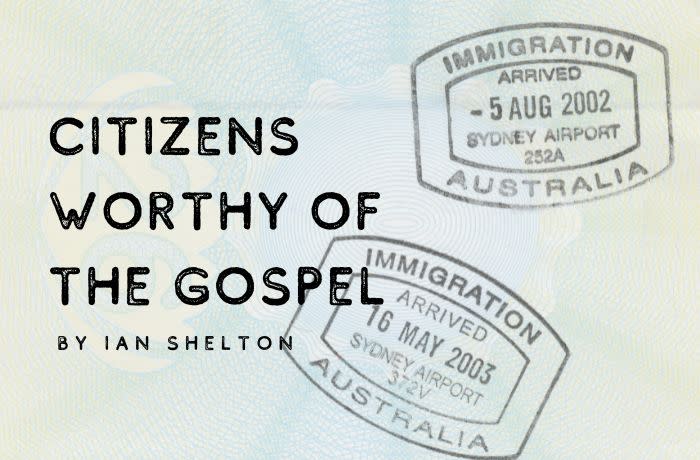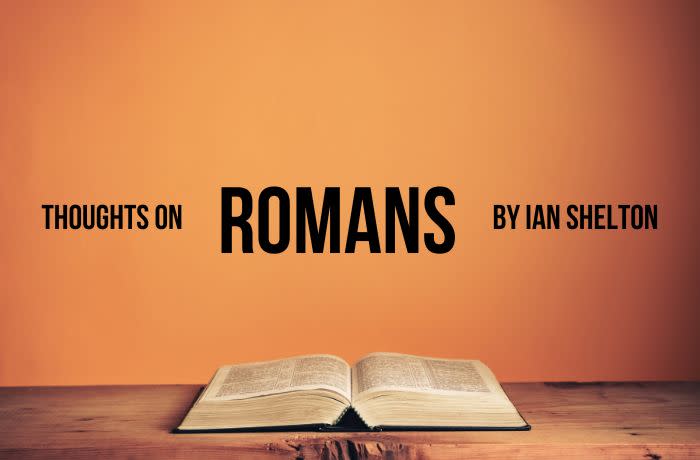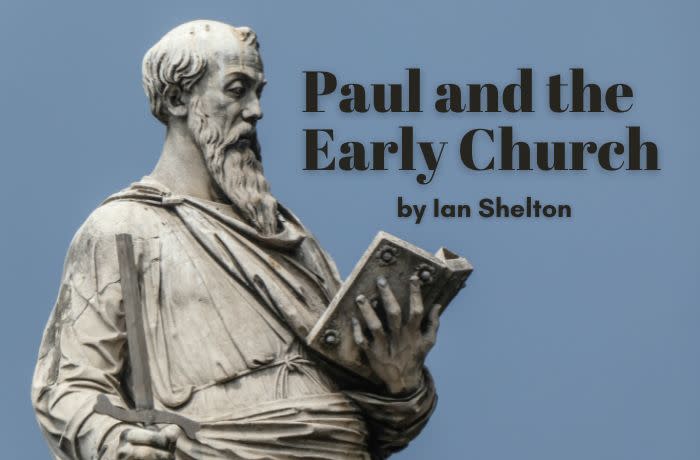Download our vision book
Jesus began His ministry with the Nazareth Manifesto announcing a permanent Day of Jubilee with the coming of the gospel of the kingdom of God. Of course this refers not only to individuals experiencing healing but whole communities. In Luke 4:18-19 Jesus is reading from Isaiah 61:1-2. This passage from Isaiah goes on to say that once people have experienced this Jubilee healing then they will be rebuilders of all that is devastated and ruined in community and city life. (Is. 61:4)
The Message paraphrase puts Isaiah 61:4 this way:
“They'll rebuild the old ruins, raise a new city out of the wreckage. They'll start over on the ruined cities, take the rubble left behind and make it new.”
While there are large portions of the OT that contain the theme of restoration we will look at some pertinent to our discussion. We will see that a large part of healing and rebuilding of cities is the restoration of justice with the outcome of shalom and people flourishing once again in every area of life.
One of the most challenging of the restoration scriptures is Isaiah 58:6-12. The Passion Translation says it plainly. It speaks of healing community life by ensuring justice for all. This is what it means to fast according to the prophet. The end result is that people who live like this will be known as “Repairers of the Cities and Restorers of Communities.” (Verse 12b)
If the church in every city was known for the above then I believe the city would “fall in love” with the Jesus they acclaim as their Lord and Saviour.
The Passion Translation has a great margin comment about this passage. Read this carefully to see how the church of the city could again flourish while healing their respective communities.
“The five qualifications of last-days ministry are found in Isaiah 58:9–10: (1) Commit to banish every form of oppression in our lives, churches, and society. (2) Remove scornful accusation (criticism) of others and their ministries. (3) Forbid to spread malicious slander. (4) Have compassion for the poor and disenfranchised. (5) Comfort those enduring suffering and tragedy.
Then God promises (vv. 10–12) that multiple blessings will come: (1) Our spiritual light (influence) will increase in our communities. (2) Discouragement and gloom will disappear from our lives. (3) God will give us specific guidance and counsel to know what to do and where to go. (4) He will fill us with renewing grace, even when we are surrounded by difficult situations. (5) Our spiritual lives will flourish like a lush garden with fruit and beauty. (6) We will not cease to be an ever-flowing source of blessing to others. (7) We will be given God’s grace to rebuild lives and institutions in our cities, churches, and nations. (8) We will take up the legacy of our spiritual fathers and build on their foundations. (9) We will have a testimony of healing cities. (10) We will restore well-being to our communities.“
God redeems the world in Christ city by city, community by community. My feeling is if the church of today does not come to grips with this we are in for a dire future to say the least.
Jeremiah the prophet said the shalom of the city was a priority even for the exiles in the foreign oppressive city of Babylon.
“And work for the peace and prosperity of the city where I sent you into exile. Pray to the LORD for it, for its welfare will determine your welfare.” (Jer. 29:7. NLT)
The words “peace, prosperity and welfare” in the above text are all shalom in the Hebrew Bible. This of course refers to the well-being and flourishing of the individual within the community in every area of life.
So the command from God was to work and to pray for the city to flourish even though it was full of evil and injustice. The work of God’s people is to deal with evil and injustice in their respective cities.
In the wonderful restoration chapters of Jeremiah 30-33 God promises to return the exiles to rebuild the city. (31:38) In Jeremiah 33:6 God says He will heal the city and its people. The result will be shalom or peace as God rebuilds them as at the beginning. (V7)
Jeremiah 33 needs to be read not only in the context of the day it was written but also as applicable to our day as all things spoken by the prophet are being restored. The church, reflecting the new Jerusalem (Hebrew 12:22) is to live in the light of this restoration and to set about transforming the wider city through the gospel.
Jeremiah should be read carefully in the light of the promised restoration. In verse three the wonderful invitation to “Call to Me and I will answer you, and I will tell you great and mighty things, which you do not know,” is in the context of a chapter on the restoring of Jerusalem which of course is God’s heart for all cities.
Let’s see this promise from the NLT.
“Nevertheless, the time will come when I will heal Jerusalem’s wounds and give it prosperity and true peace. I will restore the fortunes of Judah and Israel and rebuild their towns. I will cleanse them of their sins against me and forgive all their sins of rebellion. Then this city will bring me joy, glory, and honour before all the nations of the earth! The people of the world will see all the good I do for my people, and they will tremble with awe at the peace and prosperity I provide for them.” (Jer. 33:6-9)
If only we could see this for each of our cities. Why not?
“The motto for the city will be, "GOD Has Set Things Right for Us." (Jer 33:16b Msg)
The last verse in Ezekiel, in a great final chapter about a restored city with the temple in its midst, has another way for a city to be known.
“And from that day the name of the city will be ‘The LORD Is There.’” (Ezekiel 48:35. NLT)
The other designations for a restored Jerusalem are The Throne of God (Jer. 3:17), the City of Truth (Zech. 8:3) and the City of the Great King. (Ps. 48:2; Matt. 5:35.)
Why should we think none of this applies to our cities? If the church is in a city with Jesus the King in the midst, why should we not see “great and mighty things.”
There is much more about what and how God will restore form the OT but for this chapter we will end with this verse from Amos. We will come back to other sections dealing with restoration in future chapters.
“Behold, days are coming,” declares the LORD, “When the plowman will overtake the reaper And the treader of grapes him who sows seed; When the mountains will drip sweet wine And all the hills will be dissolved. “Also I will restore the captivity of My people Israel, And they will rebuild the ruined cities and live in them; They will also plant vineyards and drink their wine, And make gardens and eat their fruit. “I will also plant them on their land, And they will not again be rooted out from their land Which I have given them,” Says the LORD your God” (Amos 9:13-15 NASB)
This is nothing short of the restoration of the garden city which is the fullness of the new creation that we don’t only experience as individuals but the whole cosmos will ultimately experience. (See Ezekiel 36:33-38)
As we will see this is a constant theme in the restoration scriptures. The cross is God’s definitive action in Christ to restore all things lost in Adam. The work of the gospel is the progressive action by the church to work out Christ’s definitive victory in time and space. While the second coming of Christ will mark the consummation of all things lost by Adam. So restoration of the new creation in Christ needs to be seen with a definitive, progressive and consummative aspect.
By Ian Shelton Coordinator of Movement Australia



